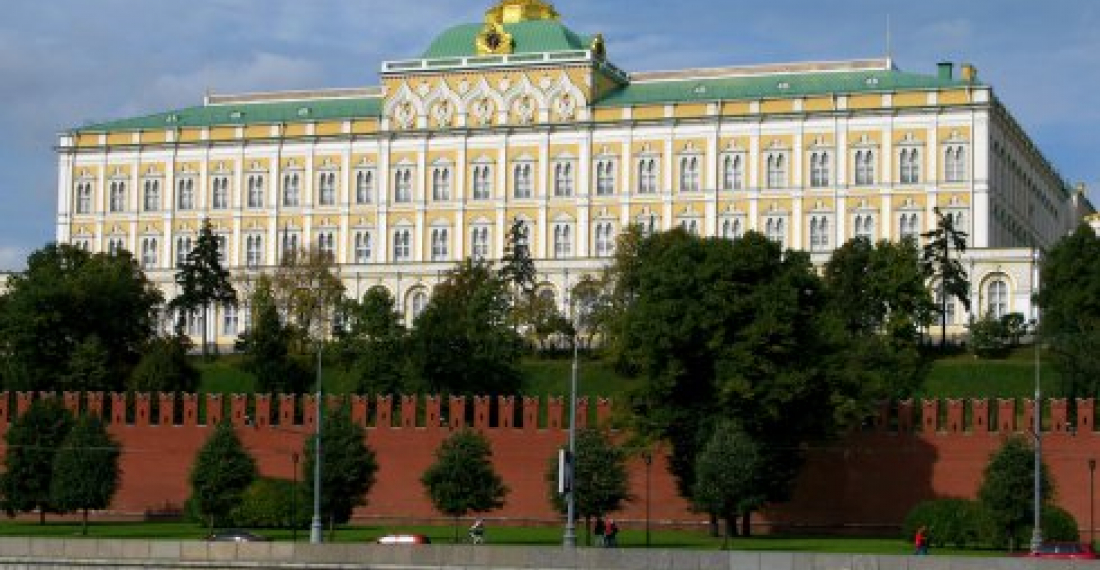The decision of the Parliamentary Assembly of the Council of Europe (PACE)to restore the mandate of the Russian delegation has been welcomed by the Kremlin.
In public, Russian President's press secretary Dmitry Peskov told reporters that "it is a very positive event, [which] can only be viewed positively". "It is not about a diplomatic victory of Moscow, this is about a victory of reason, because PACE cannot adequately work without the participation of the Russian delegation," he underlined. Privately, Russian officials were more excited, hoping that this was the first step in reversing a serious of measures that sanction and punish Russia following its misadventures in nearby countries such as Georgia and Ukraine.
On Tuesday, PACE approved the resolution of Belgian representative Petra De Sutter that will allow the Russian delegation to take part in the Assembly's June session. The resolution was backed by 118 members, 62 parliamentarians voted against it, while 10 abstained.
The Russian delegation to PACE was stripped off its rights to vote, to take part in monitoring missions or make up the PACE leadership institutions in April 2014, following the events in Ukraine and Crimea's reunification with Russia. In 2015, PACE considered the issues of reinstating the rights of the Russian delegation twice, but the sanctions only got tighter then. In response, the Russian delegation announced that it refused to work in such conditions and since 2016 did not submit its application to confirm its rights. In 2017 Russia also froze the payment of its membership dues to the CE budget.
There has been an unexpected fallout from the vote in PACE in Armenia. The Armenian four-person delegation split its vote. The two government members voted against the lifting of the sanctions and the two opposition members voted in favour. Opposition pundits saw this as another example of strain in Armenian -Russian relations.
source: commonspace.eu with agencies
photo: The Kremlin (archive picture)






